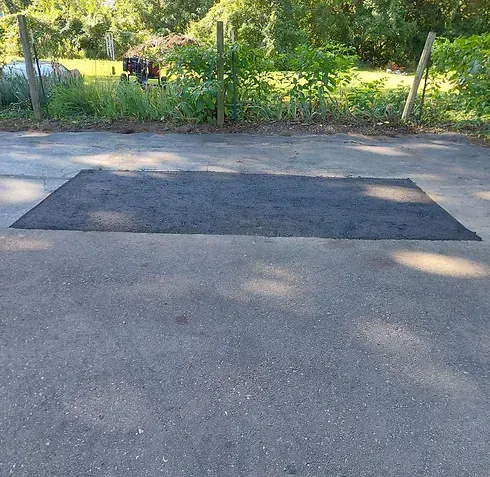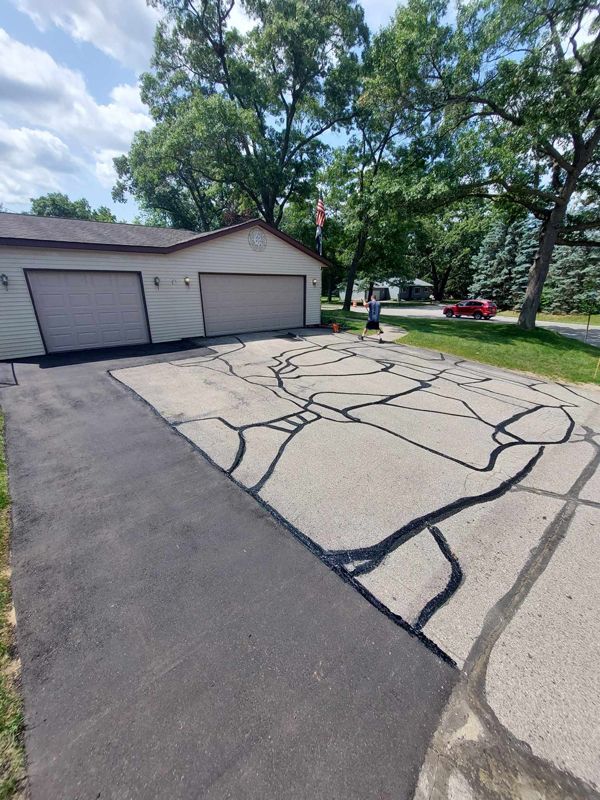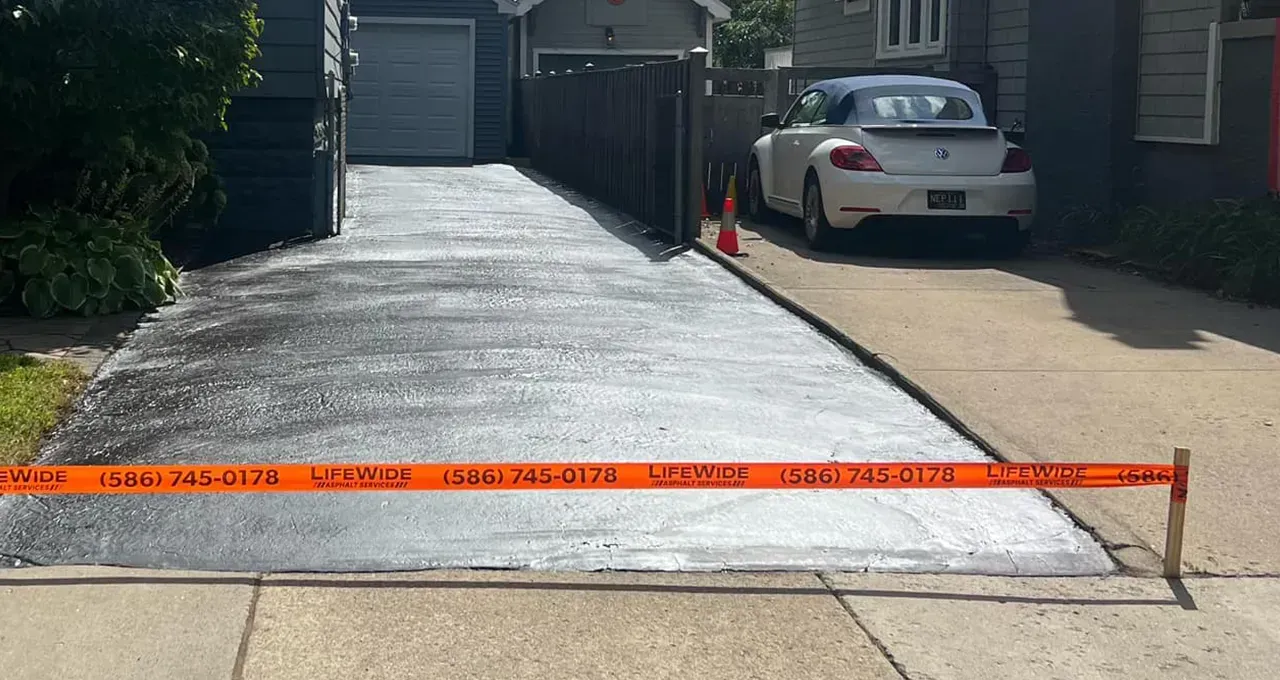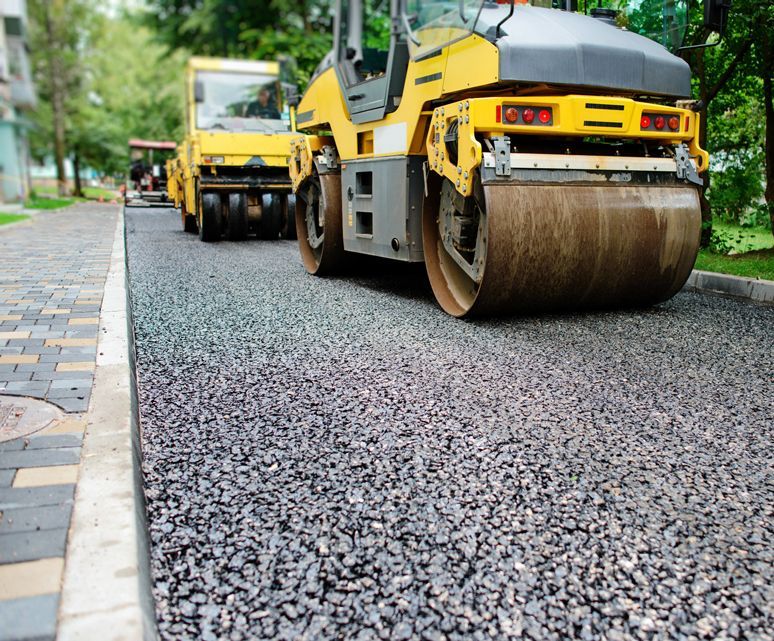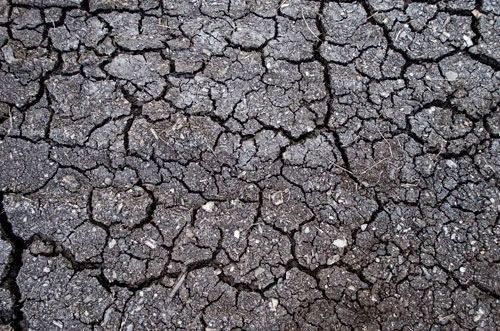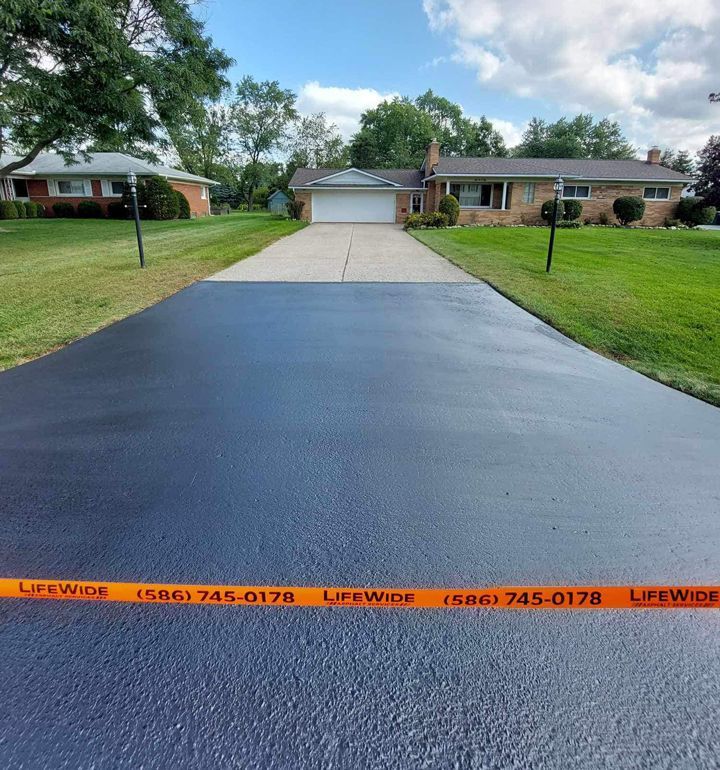
Asphalt and concrete are two common materials used for paving roads, parking lots, and other surfaces. While both materials have their advantages and disadvantages, there are some key differences between the two that can affect their suitability for different applications.
One of the main differences between asphalt and concrete is the materials used to make them. Asphalt is made from a mixture of aggregates, such as sand, gravel, and crushed stone, and a binder made from petroleum. Concrete, on the other hand, is made from a mixture of cement, water, and aggregates.
Another key difference between asphalt and concrete is their durability. While both materials are durable and can last for many years with proper maintenance, concrete is generally considered to be more durable and longer-lasting than asphalt. Concrete is also more resistant to heavy traffic and extreme weather conditions than asphalt.
However, asphalt has some advantages over concrete as well. For example, asphalt is generally less expensive to install than concrete, and it can be repaired more easily if it becomes damaged. Asphalt is also more flexible than concrete, which means it can better withstand temperature changes and ground movement without cracking.
When deciding between asphalt and concrete for a paving project, it is important to consider factors such as cost, durability, maintenance requirements, and the specific needs of the project. In general, concrete may be a better choice for high-traffic areas or areas with extreme weather conditions, while asphalt may be more appropriate for areas with lighter traffic or where cost is a major consideration.

